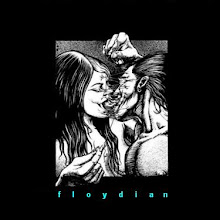 |
| Dynastic Politics in Conference |
Exclusion of citizens from politics has not been a strategy of only the civilian and military bureaucracy. Even in times of elections and “democracy” people are kept out of politics as much as possible. A very important point has been that all political parties (PPP, PML, many smaller ones) are organized as internal dictatorships. Office holders are not elected, but appointed by the chairperson, or the governing bodies. Parties are hardly the instruments of people to express their will. They are more like oligarchies and political machines. For them internal democracy is out of question and political programs do not matter. What counts most important are networks of family and friends, clienteles favours, buying and selling of votes and support of local and regional vote banks, control of perks and a culture of greed. It is obvious that these structures of politics will not strengthen identification with the political system, and its legitimacy but tends to fragment the system into informal and extra constitutional cliques of people, making ‘nation’ not the key focus of interest, but clienteles’ networks.
Personalization of politics has been one of the major factors weakening institution-building. It has considerably contributed to further fragmentation, thereby reinforcing tribal, ethnic, national, religious and other factors. Personalization is psychologically and structurally linked to the ‘feudal mentality’, and to the weak and non-democratic character of the political parties. The weakness and lack of infrastructure also has made the national integration more difficult to achieve especially in rural areas, in the mountainous North, and in Baluchistan








0 comments:
Post a Comment